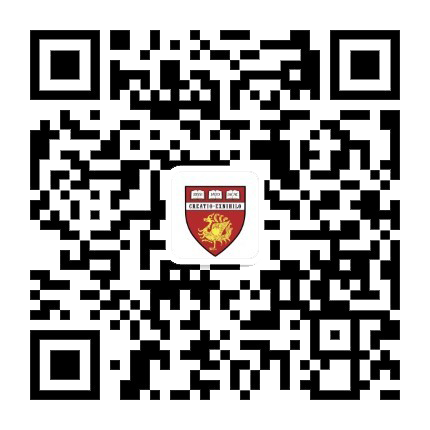Reasons for Retraction: Scientific Misconduct Explored
Fabrication
Involves inventing data or results and reporting them as genuine, which is a serious breach of ethical standards and research integrity.
Falsification
Manipulating research materials, equipment, or processes, or changing or omitting data or results such that the research is not accurately represented in the research record.
Plagiarism
Presenting someone else's ideas, results, or words without giving appropriate credit, which undermines the originality and credibility of the published work.
Ethical Breaches: Fabrication, Falsification, and Plagiarism
Fabrication
Researchers create fictitious data, often to support a desired hypothesis or outcome. This undermines the very foundation of scientific inquiry.
Falsification
Researchers manipulate or alter existing data to achieve a specific result, leading to distorted conclusions and potentially harmful consequences.
Plagiarism
Researchers present another person's work as their own, violating copyright laws and undermining the intellectual contributions of others in the field. This includes both text and figures.
Retraction
What is a Retraction? Defining the Fundamental Concept
Official Retraction
A retraction is the official withdrawal of a published article from the scientific literature by the journal editor or publisher. It signifies that the article contains serious flaws or invalid data that undermine its findings.
Notification of Errors
Retractions serve as a public notification to the scientific community and the broader public that the published work cannot be relied upon due to identified errors or misconduct.
Maintaining Integrity
The retraction process is essential for maintaining the integrity and reliability of the scientific record. It ensures that flawed or fraudulent research does not continue to influence scientific knowledge or practice.
Lates articles
Reasons for Article Retraction in JACAC
Data Errors
Inaccuracies or inconsistencies in data collection or analysis may lead to the retraction of a manuscript.
Ethical Violations
Breaches of ethical guidelines, such as plagiarism or failure to obtain informed consent, can necessitate retraction.
Duplicate Publication
Submitting the same manuscript to multiple journals simultaneously or publishing overlapping content can result in retraction.
Conflicts of Interest
Undisclosed conflicts of interest that could bias the research findings may prompt retraction.
Statement of Retraction
There are currently no papers that need to be retracted.



